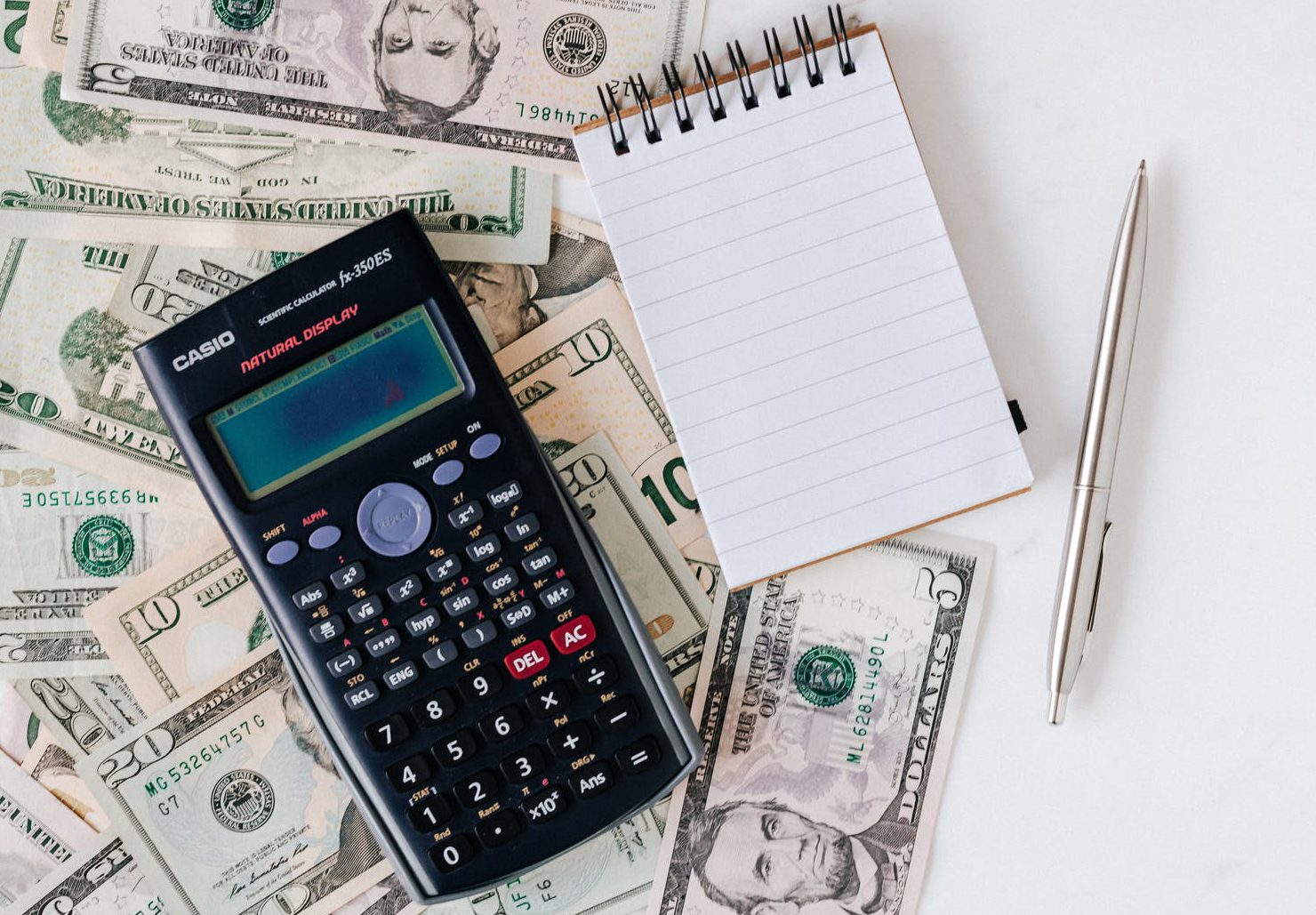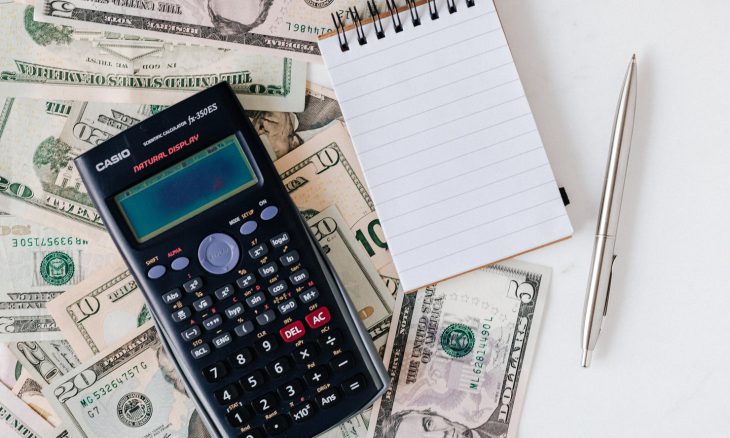Recession? Yes, No, Maybe, Not Yet?

The popular rule for determining whether or not the United States is in a recession is if there have been two consecutive quarters of decline in the gross domestic product (GDP). In the U.S. in 2022, that occurred in both the first and second quarters. However, that might not actually signal a recession this year.
A recession is defined as a significant, widespread, and prolonged downturn in economic activity.
Consumer inflation and jobs data for July have called the recession probability into question. Former economic adviser under President Clinton and UC Berkeley-Haas School of Business professor, Laura Tyson, said, “That [inflation] number, along with the very strong jobs number that came out, suggest that we’re not likely to see a recession this year.”
A similar conclusion, but with a slightly different approach, came from IT developer ServiceNow CEO Bill McDermott, who said, “I think most customers are preparing to be in a recession.“ He added, “I think there’s a chance you could have a technical recession, but I don’t think it’ll be long-lived. I do believe that as the monetary policy becomes a little bit more predictable and perhaps even loosens, let’s just say, a year from now, if you see inflation numbers come down, and you see monetary policy stabilize, you’re going to see the markets run because business is great. And the business for digital companies like ours is fantastic.”
Most statistics suggest that the economy is still growing, coming out of the COVID-19 pandemic, and analysts resort to jobs reports and the unemployment rate.
However, a Forbes CEO Network contributor stated, “Like it or not, a recession could be on the horizon.” He references a recent yield curve inversion. (A yield curve occurs when short-term instruments have higher yields than long-term instruments of the same credit risk profile. An inverted yield curve describes the unusual drop of yields on longer-term debt below yields on the short-term debt of the same credit quality.) The yield curve inversion, he says, is just the latest signal that the markets and economy may be heading for a downturn. Inflation continues to surge, even as the Federal Reserve raises interest rates. And consumer confidence is in the tank.
America has seen recessions before. The most recent, and probably the most significant since the Great Depression, occurred in the late 2000s when the nation experienced a sharp decline in economic activity. Known as “The Great Recession,” it officially lasted from December 2007 to June 2009. The slump began when the housing market went from boom to bust, and large amounts of mortgage-backed securities and derivatives lost significant value.
In response to the Great Recession, federal authorities implemented unprecedented fiscal, monetary, and regulatory policy, which some, but not all, credit with the subsequent recovery.
According to a report by the Financial Crisis Inquiry Commission released in 2011, the Great Recession was avoidable. The report said the federal government had failed to regulate the financial industry, including the failure to curb “toxic” mortgage lending. Next, there were too many financial firms taking too much risk, affecting the flow of credit to consumers and businesses. Consumers were also borrowing excessively. Housing prices had become over-inflated, and when the housing bubble burst, many homeowners found themselves “underwater,” owing more on mortgages than their properties were worth. In addition, borrowers had not been sufficiently qualified, and many could not afford to repay even low-interest-rate mortgages. The crash of the housing market caused other markets to fall along with it.
As for today, no historical precedent indicates that an economy in a recession could produce 528,000 jobs in a month, as the U.S. did in July 2022 A 3.5 percent unemployment rate, tied for the lowest since 1969, is not consistent with economic contraction. A report from CNBC says, “But that doesn’t mean there isn’t a recession ahead, and, ironically enough, it is the labor market’s phenomenal resiliency that could pose the broader economy’s biggest long-run danger. The Federal Reserve is trying to ease pressure on a historically high jobs situation and its rapid wage gains in an effort to control inflation running at its highest level in more than 40 years.”
One thing is certain. Coming out of the pandemic created a “unique cycle” in which demand is ahead of supply, advancing inflationary prices. The federal government has created problems with the fossil fuel industry so that gas and energy prices have accelerated. Economists for the most part, then, agree that the answer to whether the U.S. is or will be in a full-blown recession is a journey yet to be determined.
God’s Word often addresses how to handle your finances. In Deuteronomy 8:17-18, the Lord cautions, “Beware lest you say in your heart, ‘My power and the might of my hand have gotten me this wealth.’ You shall remember the Lord your God, for it is he who gives you power to get wealth, that he may confirm his covenant that he sworn to your fathers, as it is to this day.”
How then should we pray?
- Thank God for His generous provision for your needs and for the opportunities He has made available to you throughout your life.
- Ask the Lord to guide you in handling your finances, when and how to invest or save, and how to care for your household as well as those who are less fortunate.
- Pray that the members of the Federal Reserve would be discerning as they work on the nation’s monetary policies in an effort to avoid a recession.
- Intercede on behalf of the individuals who are running for state, local, and federal offices, particularly as it pertains to issues of spending and taxation.





